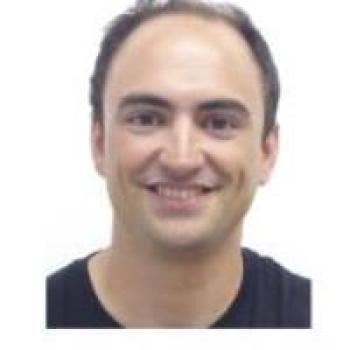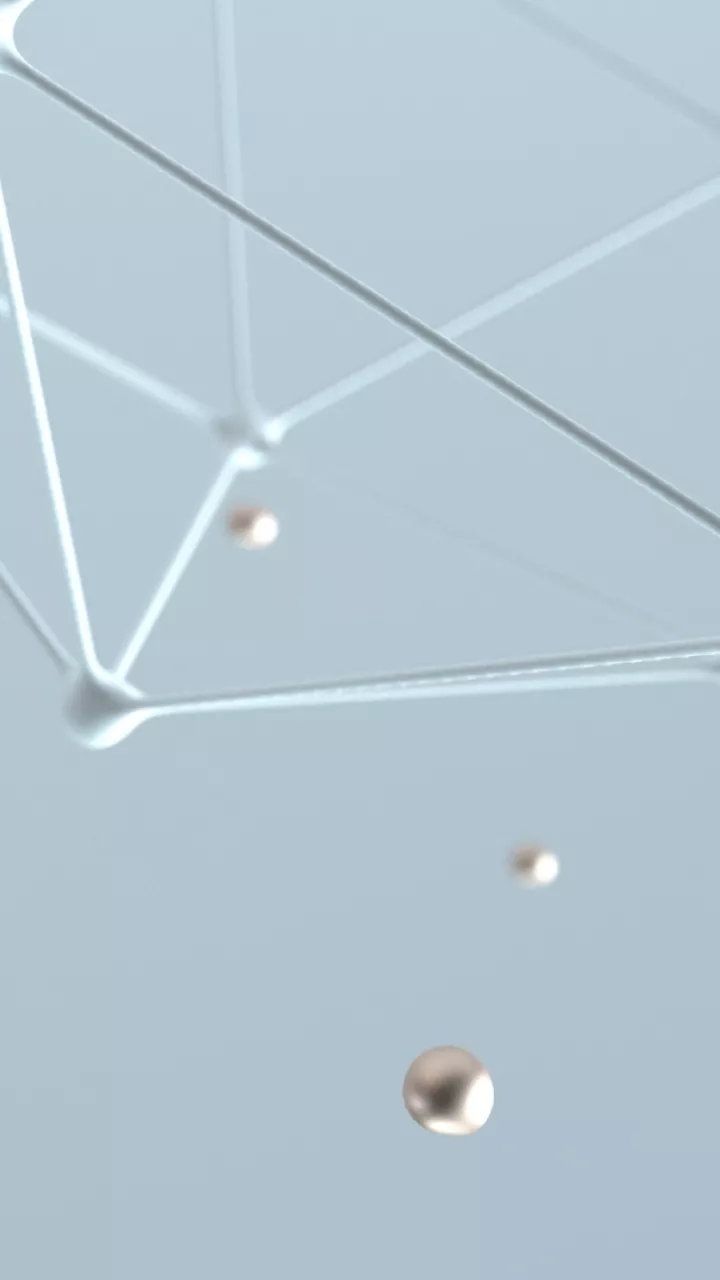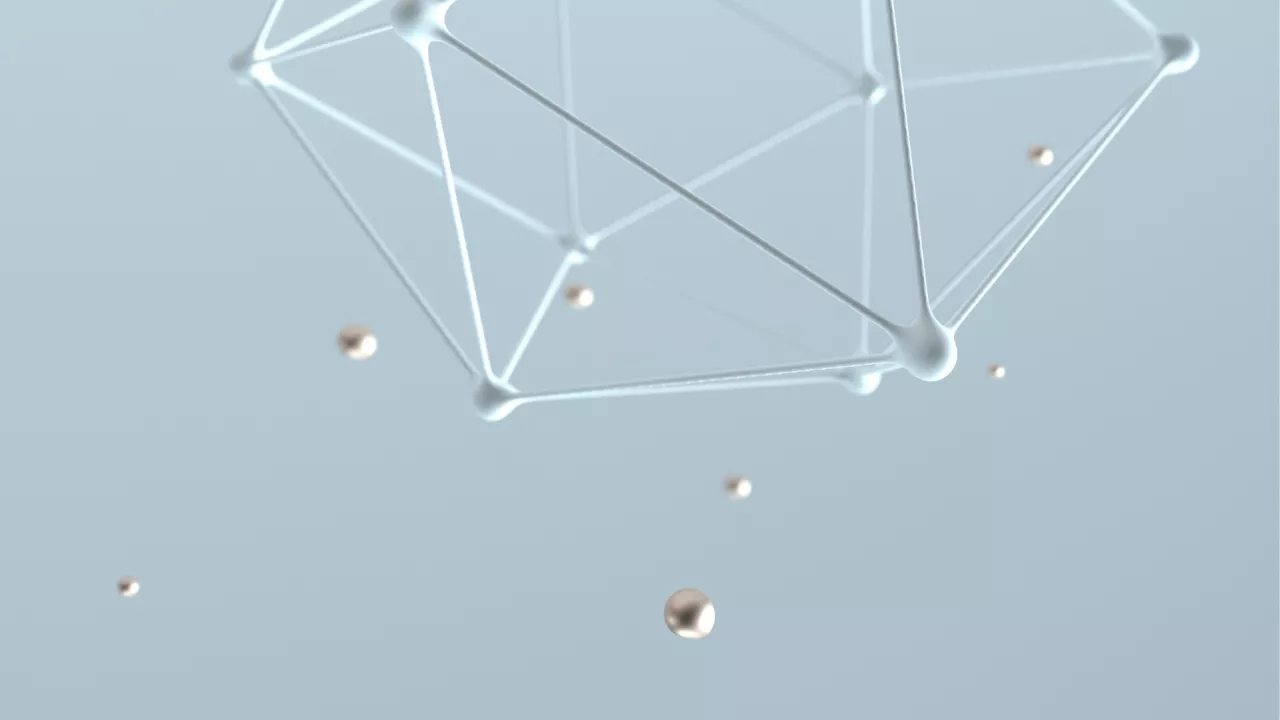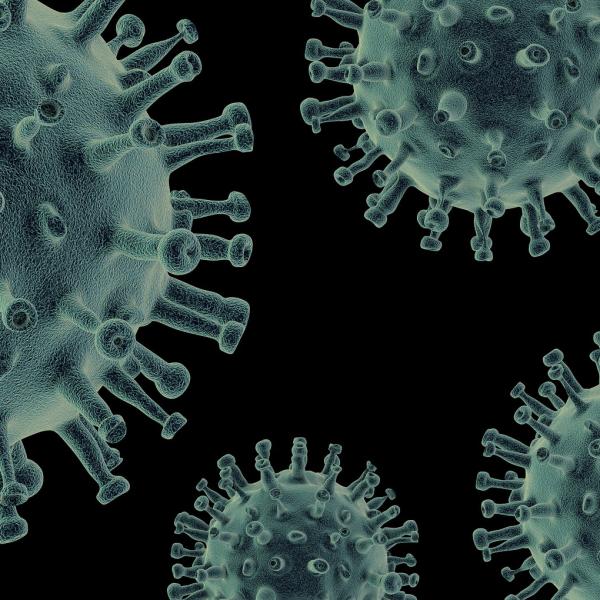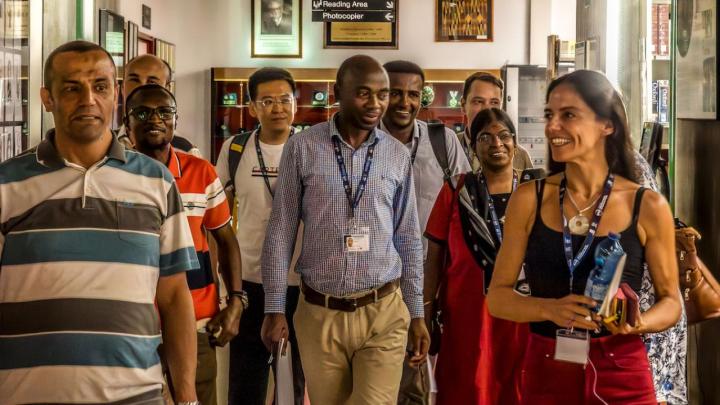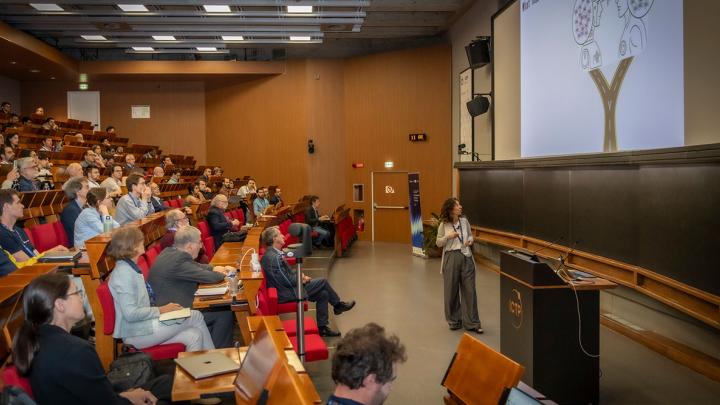The questions that motivate our research concern fundamental aspects of the organization of highly diverse ecological communities. Why do so many species coexist in the same…
Research Areas
view allThe performance of modern inference and learning algorithms exploiting massive datasets for data science applications is improving at an…

We investigate nonequilibrium fluctuations of microscopic systems using stochastic thermodynamics. To this aim, we develop a holistic approach combining theory, numerical simulation and…
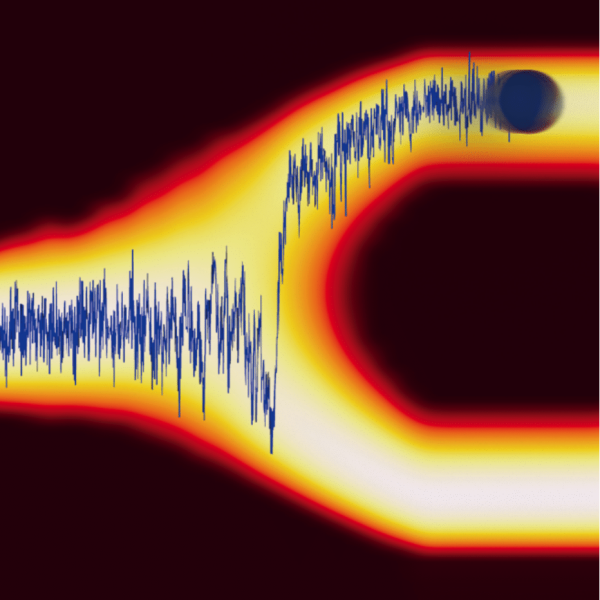
Statistical mechanics provides quantitative methods to understand how collective behaviour may emerge from the interaction of simple units, not only in physics but also in economics and finance.…

With the availability of high dimensional dataset on systems such as the brain, cells or an economy, statistical learning has entered a new era. The lack of knowledge on the system's "laws of…

Neural systems are intricate networks that perform functions. Our aim is to understand how computation emerges from their complex dynamics. We do this employing two parallel approaches. Using…
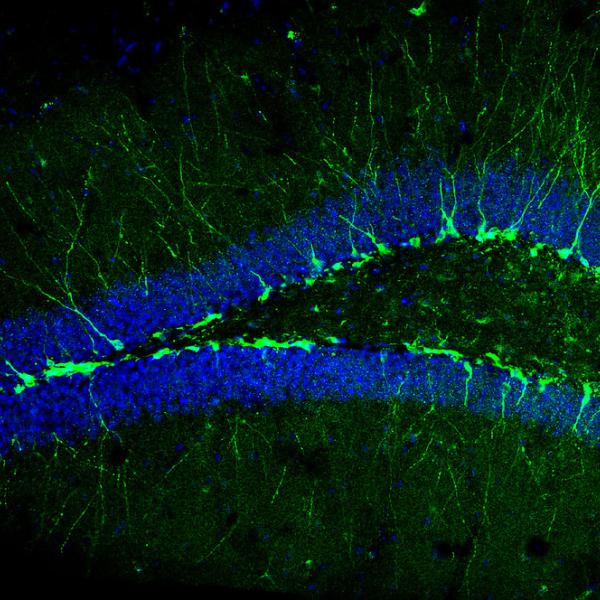
Individuals must make effective decisions in order to increase the amount of reward they can get from the environment. Choosing how and when to move is one specific behaviour…

Permanent Scientists
view all membersAntonio Celani

Jean Barbier
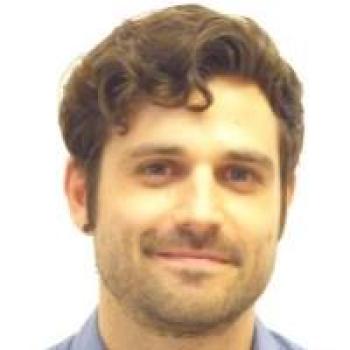
Jacopo Grilli
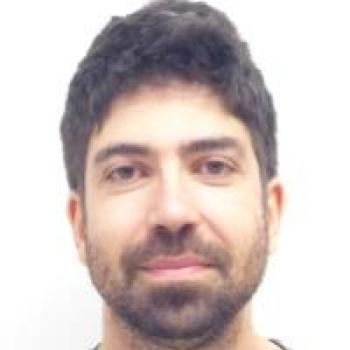
Matteo Marsili

Edgar Roldan
